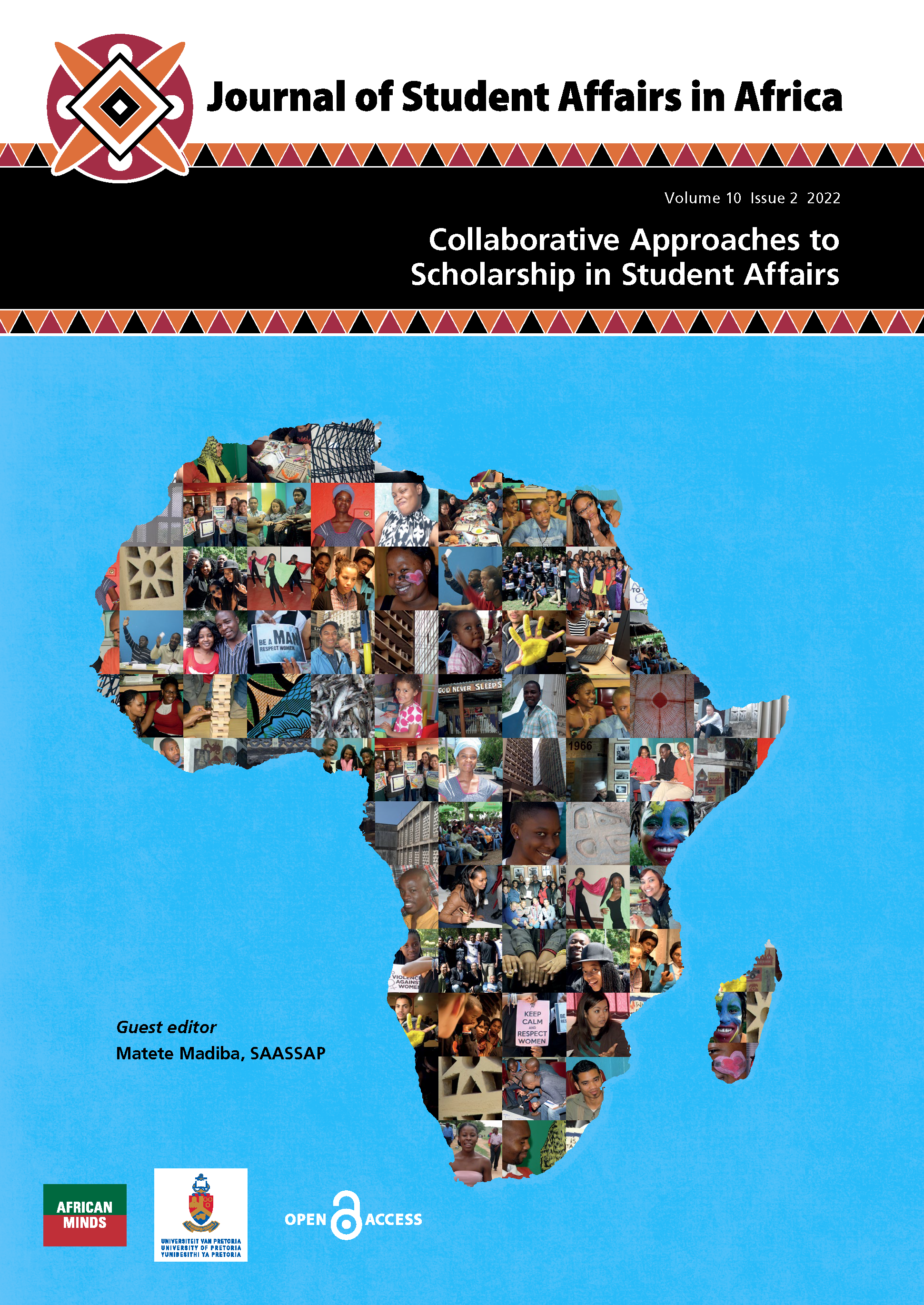Does Gender Moderate The Association Of Dimensional Peer Pressure On Alcohol Use During Emerging Adulthood? A Multi-Group Analysis
DOI:
https://doi.org/10.24085/jsaa.v10i2.2207Keywords:
Key words: Peer pressure; Family involvement; Alcohol use; Gender; ModerationAbstract
Abstract
Peer pressure and alcohol use in tertiary institutions seems to remain a challenge amongst emerging adults. The study examined the moderating influence of gender on the association between dimensional peer pressure and alcohol consumption. A non-probability convenient sampling technique was employed. The sample consisted of 414 participants who were students recruited from 6 faculties. Data was collected using Peer Pressure Inventory (PPI) and Alcohol Use Dependence Identification Test (AUDIT) in an online platform. Data was analysed using the Statistical Package for the Social Sciences Version 25 (SPSS-25). Structural equation modelling was used to test assumptions. The was no gender difference in terms of the relationship between peer conformity and misconduct on alcohol use. Results indicated an increased family involvement whichpredicted lower alcohol consumption among females but not in males. School and peer involvements were not related to alcohol use in both gender. Family involvement against peer influence on the use of alcohol, may be a protective factor in females but not in males. Males were more likely to conform to peer pressure than females.
Key words: Peer pressure; Family involvement; Alcohol use; Gender; Moderation
Downloads
Published
Issue
Section
License
Copyright (c) 2022 Sibongile

This work is licensed under a Creative Commons Attribution-NonCommercial-ShareAlike 4.0 International License.
Authors who publish with this journal agree to the following terms:
Authors retain copyright and grant the journal right of first publication with the work simultaneously licensed under the Creative Commons Attribution Share-alike 4.0 International License that allows others to share the work with an acknowledgement of the work's authorship and initial publication in this journal.
Authors are able to enter into separate, additional contractual arrangements for the non-exclusive distribution of the journal's published version of the work (e.g., post it to an institutional repository or publish it in a book), with an acknowledgement of its initial publication in this journal.
Authors are permitted and encouraged to post their work online (e.g., in institutional repositories or on their website) prior to and during the submission process, as it can lead to productive exchanges, as well as earlier and greater citation of published work (See: The Effect of Open Access).


